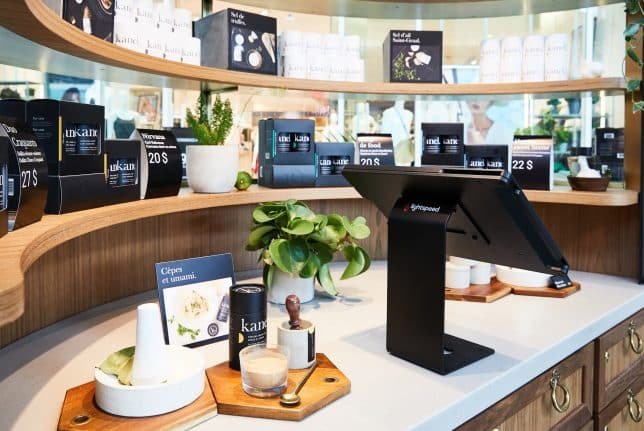All around the world, businesses are looking for new ways to go green. Protecting the environment and the bottom line no longer has to be a choice. Technology has given entrepreneurs multiple ways to accomplish both goals. Here are six economical ways that you can make your company more sustainable.
1. Deploy Automated Solutions
Given the energy intensity of computer automation, it can seem like a paradox to include automation in sustainability discussions. Ignoring automation means ignoring efficiency. Automated systems can help offices go paperless, saving countless trees. Sales automation tools like Voice over Internet Protocol (VoIP) applications like Skype curb the need for costly commutes. Robotics and its attendant technologies (like robotics system integration systems) maximize labor output without requiring more working hours. Shop around for the tools that leverage your company’s strengths.
2. Adopt Green Energy
Green energy is the elephant in the room. It’s probably the most effective way to go green, but it also involves a significant outlay of resources. Fortunately, green energy is becoming more efficient all the time. This trend is especially evident with photovoltaic cells. Solar panel efficiency has increased to a sunlight-to-energy conversion rate of 23%. In other words, it’s rapidly becoming more economical. Additionally, many federal, state, and local incentives exist for residential and corporate installation projects. Crunch the numbers and find the energy mix that works for you.
3. Source Inventory Sustainably
Your company is not an island. Doing business means dealing with other companies. To be sustainable, you must ensure that the companies you work with are equally responsible. This means doing research. Look carefully at the policies of the people you source from. Do they practice fair trade? Do they take steps to eliminate toxic chemicals from production? Does their supply chain include a green vehicle fleet? Asking these basic questions can avoid costly mistakes down the road.
4. Utilize Green Shipping and Packaging Materials
Sustainability means adopting a holistic view of environmental responsibility. Every part of the supply chain contributes. Historically, shipping and packaging have been replete with wasteful practices. Biodegradable, compostable, and reusable packing materials are available that mitigate this harm. Mushroom and cornstarch-based packaging are two emerging examples of this innovative thinking. When it comes to ecological responsibility, the small steps add up to sizable changes.
5. Reduce Waste
Accomplishing the same objectives with fewer resources is the definition of efficiency. Having a company-wide recycling program is always a positive step to take. Putting recycling bins in the break room instead of a trash can is easy. The most impactful word in waste reduction is upcycling. Upcycling means finding new uses for old things instead of just discarding them. Wood debris can be upcycled into tables and other furniture. Used boxes can be broken down and re-folded. You might wind up building an entirely new offering for your product line! Get creative and start refurbishing trash into treasure.
6. Communicate the Vision
Sustainability isn’t something you do secretly. Studies have repeatedly shown that employees and customers prefer doing business with responsible corporations. A recent study revealed that 66% of consumers consider sustainability issues when making a purchase. In other words, in whatever fashion you choose to implement sustainability at your company, make your commitment visible. At the same time, make those commitments clear, concise, and definitive. Remember that they will become inseparable from your brand.
This idea goes back to the previously mentioned concept of taking a holistic approach to green development. Change filters down to every facet of your company’s operations. Social media is thus a critical tool for communicating your company’s newfound vision. Your social media channels are a powerful way to show, rather than tell, customers why your organization is a force for good.
Sustainability isn’t just a trend; it’s a good business idea. The path to sustainability looks different for every company. Take a deep look into your company’s unique needs, and set a path to responsible success.







